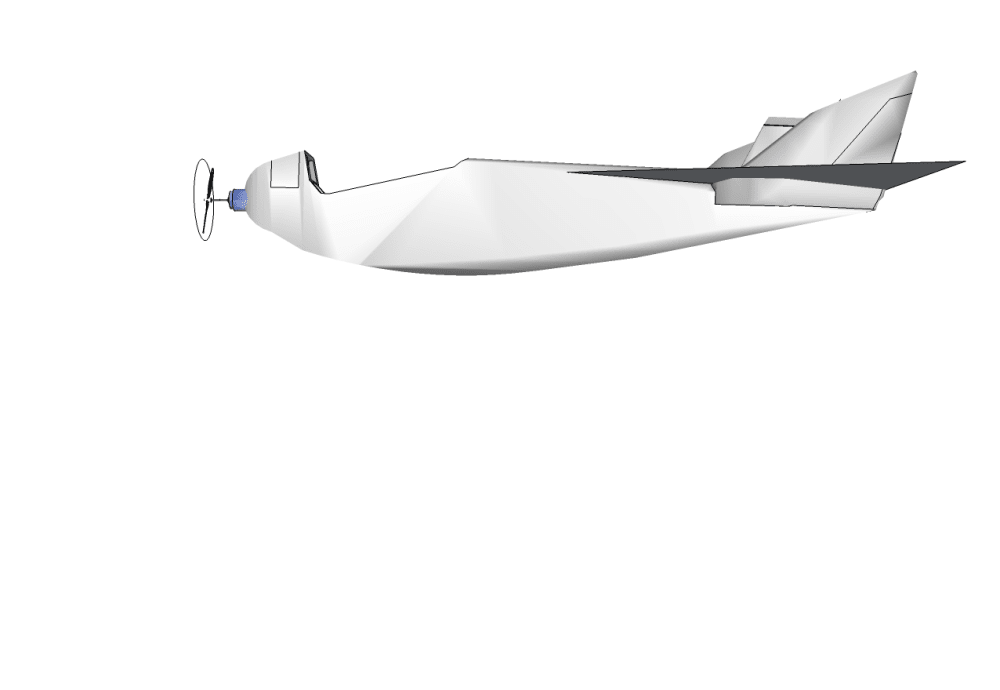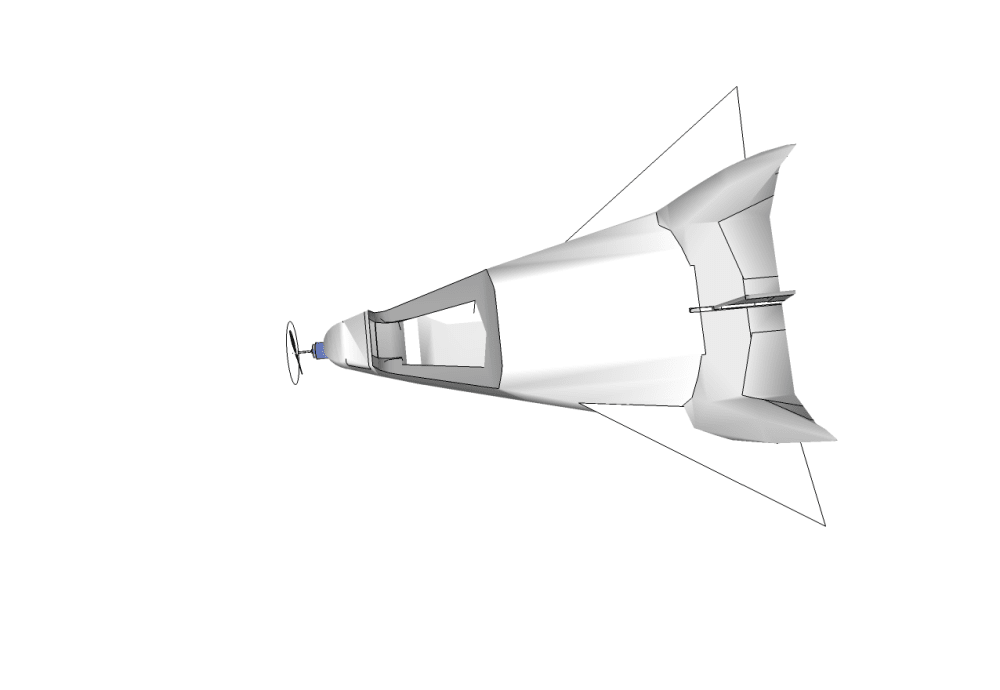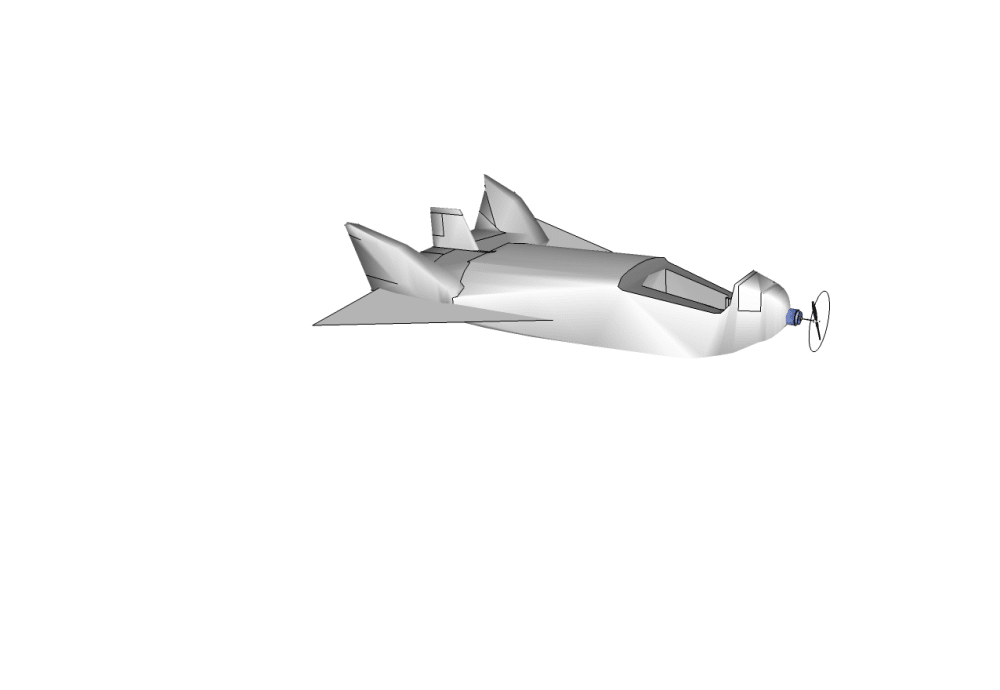Safety in small aircraft has been an issue since the beginning of flight, especially for lightweight engine powered personal airplanes also known as ultralight/microlight aircrafts. Currently these ultralights are rapidly transforming into high performance aircraft for recreational use with a very respectable speed and range. Electric powered ultralights have started to replace gasoline engines for these small aircraft, allowing a practical use of electric power systems for flying applications. Looking back at aircraft history, in 1921 aviator Vincent Justus Burnelli patented an airfoil shaped airframe to increase lift and load capacity of aircraft. Forward this time frame to the mid 1960s, Dale Reed from NASA began experimenting with lifting bodies by creating space entry aircraft such as the X-24A, M2-F3, HL-10 and HL-20. These lift bodies provided stability at higher speeds as well as higher flight efficiency; however, instability at low speeds close to the ground made the aircraft difficult to land.
This entry proposes a recreational aircraft based lifting body powered by electric propulsion used in ultralight aircrafts. Basing the design on the HL-20 and adding small wings similar to those found on the MIG-105 the lift body gains stability for landing. This aircraft should provide a safer alternative to ultralights while maintaining a similar cost.
Like this entry?
-
About the Entrant
- Name:Alessandro Negri
- Type of entry:individual
- Software used for this entry:Google Sketchup
- Patent status:none








